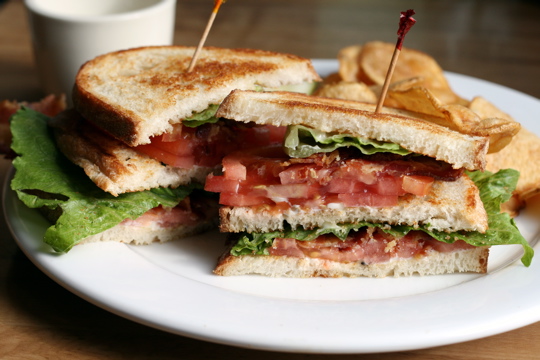Thank you Matthew for the invitation and the idea. I apologize to everyone that I've been unable to post or comment up until now. I had high hopes. I also have a lot of much less interesting work than this to do. I've enjoyed reading everything up until this point, and I am resisting the urge to comment on every little thing, as is my desire. I know who some of you are, I'm left to guessing at the others.
 |
| This is a sweet map. I can't yet get it to get bigger when you click. |
Matthew's original question seemed suggest a restoration of christian regimes as the highest of the politician's ends, for the "large scale enjoyment of Christian life." I'll be running with this understanding of his question, barring further contribution on his part.
Since I happen to know that Matthew loves Aristotle, I think it likely that uses the word "political" in Aristotle's architectonic-political sense, as that art which manages and orders all other arts and human affairs. The politician seeks good for his particular polis, and the most excellent politician seeks the good for the entire human polis. It seems we excellent few are here saddled with the task of hashing out the architectonics behind the best regime, in light of Christianity, for the large scale enjoyment of the christian life." We few, we happy few, we band of bloggers.
Architectonics. That art which orders all other human arts and affairs. Aristotle called it "politics" to the best of my knowledge. Cardinal John Henry Newman called it "Theology" in Idea of a University. Some call it "history," others "philosophy," and others "screw it, let's go get a drink." You don't have to agree with them or anyone else on the matter, but for the sake of argument accept that there is an architectonic art to order all human affairs. And if such an art exists, it seems relevant to gain a good understanding of human nature, so we have some idea what sort of a thing that we're trying to order.
 |
| The BLT is also a key component to human happiness. |
Now, how the heck are we going to get something organized that takes care of all of these component parts of a human being, when by nature we actively rebel against good? Which parts are most important, most essential to a good life? As much as I love thinking that I'm capable of it, I doubt any human being is wise enough to order all human life according to nature. For right now, I just wanted to point out that human nature demands more than just a favorable temporal regime to keep it fulfilled.
 |
I'm not aware of how there could properly be a "christian" "kingdom." "Christian" is about religion. "Kingdom" is about political associations with other humans. Trying to saddle one temporal organization with all that responsibility is bound to fail.The church looks after one part of human nature, and political organizations among men are meant to look after something else. Regimes properly ought to establish, say, peace and justice and liberty. What the church does, when done properly, is a theological discussion of much importance.
Again, my imagination of "Christendom" has been various kingdoms, regimes, dominions, poleis, countries, nations, or temporal "political" associations organized with intent to wield the force to protect and support christians. This is not a bad thing, in fact I would be happy if it happened again. I dislike persecution and death as much as the next guy.
 | |
| This is what you look like when you seek the restoration of Christendom |
No, theology isn't politics. No, the bible does not contain some kind of divine manual for how a bill becomes a law, you'll have to watch something else for that. We actually have to organize ourselves politically somehow, and that information might have to come from plain reason. I'm not the political science major. But when it comes to how we understand ourselves, our nature, and our relationship to how God has ordered the cosmos. Why? Who is the ultimate politician, the architectonic genius who alone is capable of understanding all of us? Not just the human polis, but all of creation as well. Who? Every sunday school child can answer this one. God! Can you see why the content of the theology that cares for the soul is quite important? The nature and content of who God is offers an understanding of the world comprehensive, architectonic, and I believe, True.
That said, if what we're suggesting is that we simply convert everyone to orthodox Christianity, I'm there. I'm in. It's not political science or designing a regime to save the world, it's not even us saving the world, a group of people, or anything at all. We're not doing the work (thanks Joy for the somebodyson Davison Hunterson book link. I want to read it). With the faith planted in their souls by the Holy Spirit through Baptism and the Word, and it regularly nurtured by Word and Sacrament, those sinners would also be saints, ONLY because of the saving work of Christ Jesus on the cross, and on no account through an act of their own will. Those saints would love their neighbor as Christ first loved them, as a byproduct of the faith put in them, rather than the express end of their faith. That's a mores I'd like to live with, a mores that would quite naturally establish just government, probably as an afterthought.
"But seek first the kingdom of God and his righteousness, and all these things will be added to you."
-Matthew 6:33

Ha. It's Keaton.
ReplyDeleteYou express so well `the essence of faith'.
ReplyDelete